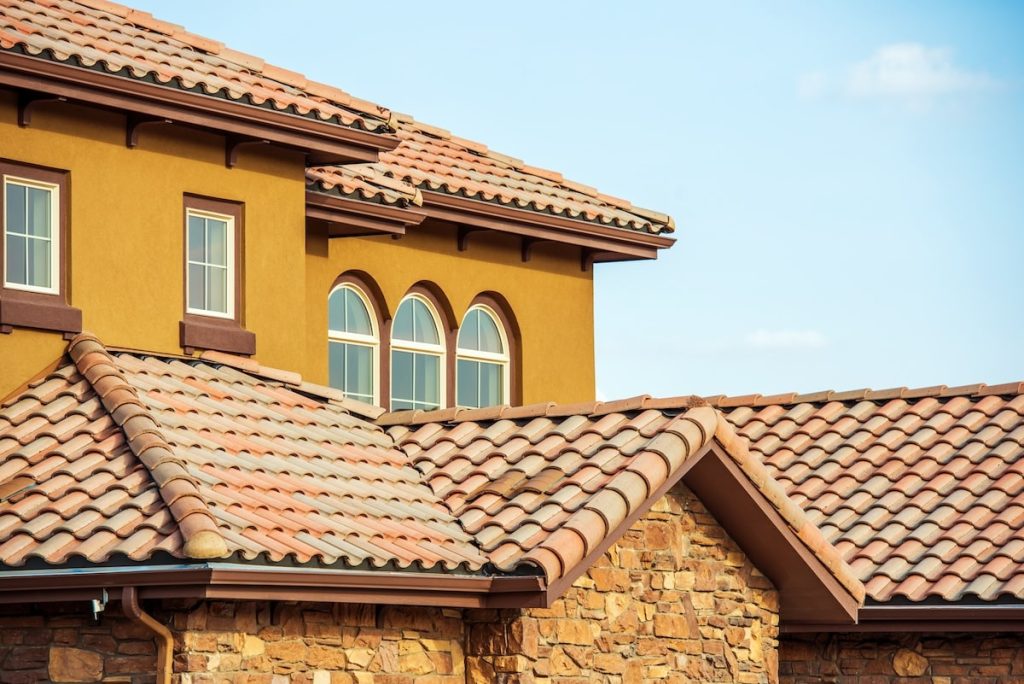It usually begins with that sound no homeowner wants to hear, the steady drip, drip, drip after another South Florida downpour. You climb up to investigate and find a leaky roof, waterlogged underlayment, and telltale signs of rushed repair jobs from the past. From the street, the roof might look fine, but up close, the truth is clear.
In Miami, where relentless sunshine and sudden tropical storms trade places in a single afternoon, your roof isn’t just part of the house; it’s your home’s first line of defense.
According to the Insurance Information Institute, roof damage accounts for nearly 40% of all homeowners’ insurance claims in Florida following major weather events. That’s why choosing the right clay tile roofer isn’t just about appearance; it’s about long-term protection, safety, and value.
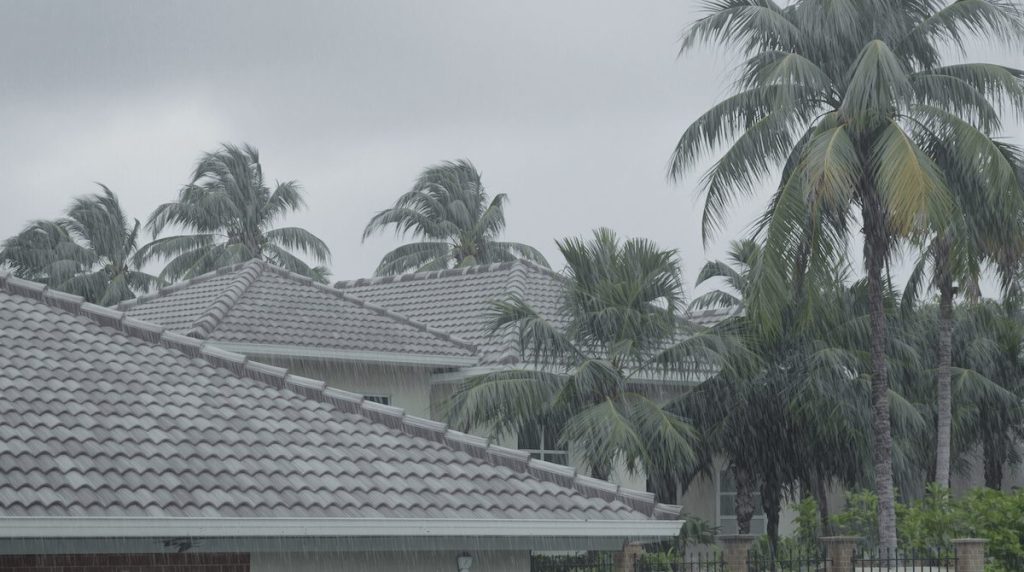
So, how do you find a professional roofer who truly understands clay tile roofs? Or someone who will do the job right the first time? Here’s what every South Florida homeowner should check before signing a contract.
Why Roofing Contractors Choose Clay Tiles in South Florida
Before comparing quotes, it’s helpful to understand why clay roof tiles remain one of the smartest, most time-tested materials for Florida homes.
- Exceptional longevity: Genuine kiln-fired clay tiles, like those crafted by Verea Clay Tile, can last 75 years or more with proper maintenance.
- Energy efficiency: Clay is a natural insulator, which helps keep indoor temperatures stable and reduces cooling costs. Unlike metal, which rapidly conducts heat, clay slows heat transfer, keeping homes cooler under Miami’s tropical sun.
- Low maintenance: Clay tiles resist fading, rotting, and insect damage far better than asphalt shingles.
- Classic appeal: With tones ranging from soft terracotta to deep earthen reds, clay roofs add timeless charm to any architectural style.
- Weather durability: Properly installed clay tiles hold up against strong winds, pounding rain, and even fire.
A clay roof is more than a beautiful finish for your house. It’s also a decades-long investment. But the true value of that investment depends partially on who installs.
Step 1: Verify That The Installer Is Licensed
Between hurricanes, humidity, and sudden downpours, Florida’s weather challenges even the best roofs. That’s why the state’s building codes are so strict — and why licensing matters so much.
The very first question to ask any potential roofer is simple: “Are you licensed in the state of Florida?”
A state-licensed contractor has:
- Completed Florida’s rigorous training and experience requirements.
- Proven knowledge of local building codes, wind ratings, and inspection processes.
- The legal authority to pull permits for your roofing project.
You can easily confirm a license through the Florida Department of Business and Professional Regulation (DBPR) website using either the company’s name or license number. If a roofer hesitates or can’t provide this information, that’s an immediate red flag. A licensed contractor stands behind their work — an unlicensed one leaves you unprotected.
Step 2: Ask About Local Experience
South Florida clay tile roofing is unlike roofing anywhere else in the country. The laws, architecture, and weather present unique challenges that only local builders familiar with the region fully understand.
While interviewing prospective installers, ask:
- Have you installed clay roof tiles in my neighborhood?
- Have you installed clay roof tiles for a neighbor or friend nearby?
- May I see photos or come visit a completed job?
Installers who have worked in your community understand how local climate affects materials, how inspectors operate, and which suppliers provide the best clay tiles.
Seeing one of their finished projects in person is the best proof of quality. Look for even tile spacing, clean flashing, and tidy gutter lines, small details that reveal true craftsmanship. Local familiarity also means smoother permits, faster inspections, and roofs built to survive our tropical weather.
Step 3: Check That They Have Insurance
Even with the best planning, roofing is a risky trade. A responsible contractor protects both their crew and your property with workers’ compensation and general liability insurance.
These two policies serve different but equally important roles:
- General liability insurance covers any accidental property damage during installation.
- Workers’ compensation protects you from liability if a roofer gets injured on your property.
Never take a contractor’s word for it. Ask for proof of active insurance, including policy numbers and coverage dates.
Without insurance, any accident or damage could become your financial burden — and on a high-value clay tile roof, that risk isn’t worth taking.
Step 4: Consider How Long They’ve Been Operating
Roofing is one of the few trades where experience truly establishes trust. Businesses that have been operating for a decade or more will have:
- Established reputation for installation and repair.
- Long-standing relationships with manufacturers like Verea Clay Tile.
- Access to top-quality roofing materials and experienced crews.
- Definitely, there will be warranties around to back them up.
Ask how long they’ve operated under their current business name. If they’ve changed names frequently or can’t provide consistent references, proceed cautiously.
A clay roof tile installer who’s stood behind their work through South Florida’s storm seasons, year after year, is worth keeping on your shortlist.
Step 5: Evaluate Their Product Knowledge
Clay tile roofs are not a one-fits-all solution. Different houses, pitches, and architectural styles require different tiles and underlayment.
A seasoned contractor should feel comfortable with:
- Tile grades (e.g., Grade 1 per ASTM C1167 standards).
- Underlayment options for heat and moisture resistance.
- The efficiency advantage of one-piece “S” tiles compared to traditional shapes.
- Best interlock systems for wind performance.
Installers familiar with Verea’s clay tile roof products understand how to achieve that balance of performance and craftsmanship. They understand that every Verea Clay Tile is made by hand from natural materials, kiln-baked for consistency of color, and infinitely adjustable for style and color.
That skill creates a roof that’s not only long-lasting but also aesthetically in tune with your home.
Step 6: Check Customer Comments And Referrals
Online reviews never tell the whole story, but do indicate significant patterns about the reliability of a roofer. Look for consistent feedback on professionalism, tidiness, communication, and the degree to which project managers stay involved from start to finish.
Pay attention to mentions of meeting deadlines and respecting budgets; these are signs of their work ethic. It is also a good idea to ask the installer for current references and interview former customers directly.
When you do, go beyond basic satisfaction. Ask whether the crew cleaned up well, whether leaks or cracked tiles were discovered subsequently, and how the contractor dealt with unforeseen roof damage. A roofer who is proud of his work will not shy away from supplying references and testimonials.
 Step 7: Check The Details Of Their Quote
Step 7: Check The Details Of Their Quote
Before entering a contract, thoroughly review the written estimate. A good installer will provide a thorough proposal including:
- Scope of work (tear-off, underlayment, installation, cleanup).
- Brand and type of clay tile products utilized.
- Estimated completion time.
- Warranty information on materials and craftsmanship.
- Payment terms are outlined for milestones in the project.
Step 8: Be Aware Of Their Quality And Safety Commitment
The best South Florida clay tile roof contractors do not skimp on quality. They prioritize safety, quality assurance, and communication along the way.
This is what it looks like in the field:
- Workers wear the correct harnesses and personal protective equipment.
- Tiles are carried carefully to prevent cracking or color shift.
- Each tile is inspected for uniformity of hue and interlock.
- Underlayment and flashing are laid with precision to ensure proper water runoff.
- Daily progress is checked by project managers or supervisors.
This level of professionalism sets true craftsmen apart from mere roofers who occasionally “do tile.”
Why Verea Clay Tile Leads The Way
Verea Clay Tile has built a reputation on combining traditional craftsmanship with modern technology. Our clay roof tile products consist of natural elements, kiln-fired to just the right finish, and engineered for maximum durability and energy efficiency.
Some of the most important benefits are:
- Fireproof and low water absorption make them ideal for Florida’s demanding climate.
- Color and profiles that can be customized infinitely to any architectural style.
- 75 years of lifespan and high standards for quality control.
- ASTM C1167 Grade 1 approved, the industry’s top rating for clay tiles.
- Verea offers premium clay tiles with the quality of top imported brands
From kiln-fired attractiveness to the efficiency advantage of modern one-piece “S” tiles, Verea offers roofing materials that are as attractive as they are practical.
New roof installation or replacement of lost tiles, choosing Verea Clay Tile is choosing products designed for Florida homes and climate.
Choose Experience, Quality, and Trust
Finding quality clay tile roofers in Miami or South Florida isn’t complicated — it just takes diligence.
Start with the basics:
- Verify they’re licensed and insured.
- Confirm they’ve worked in your neighborhood or for someone you know.
- Ask how long they’ve been in business and review their references.
- Ensure they grasp the craftsmanship and thermal benefits that genuine clay uniquely offers.
Your roof protects everything underneath it. When installed properly with top-tier materials like Verea Clay Tile, it becomes both a shield and a showpiece, one that adds beauty, efficiency, and lasting value to your home.
Don’t settle for shortcuts. Choose a licensed installer who takes as much pride in your home as you do — and insist on clay tiles that reflect that same level of craftsmanship, like those from Verea Clay Tile.

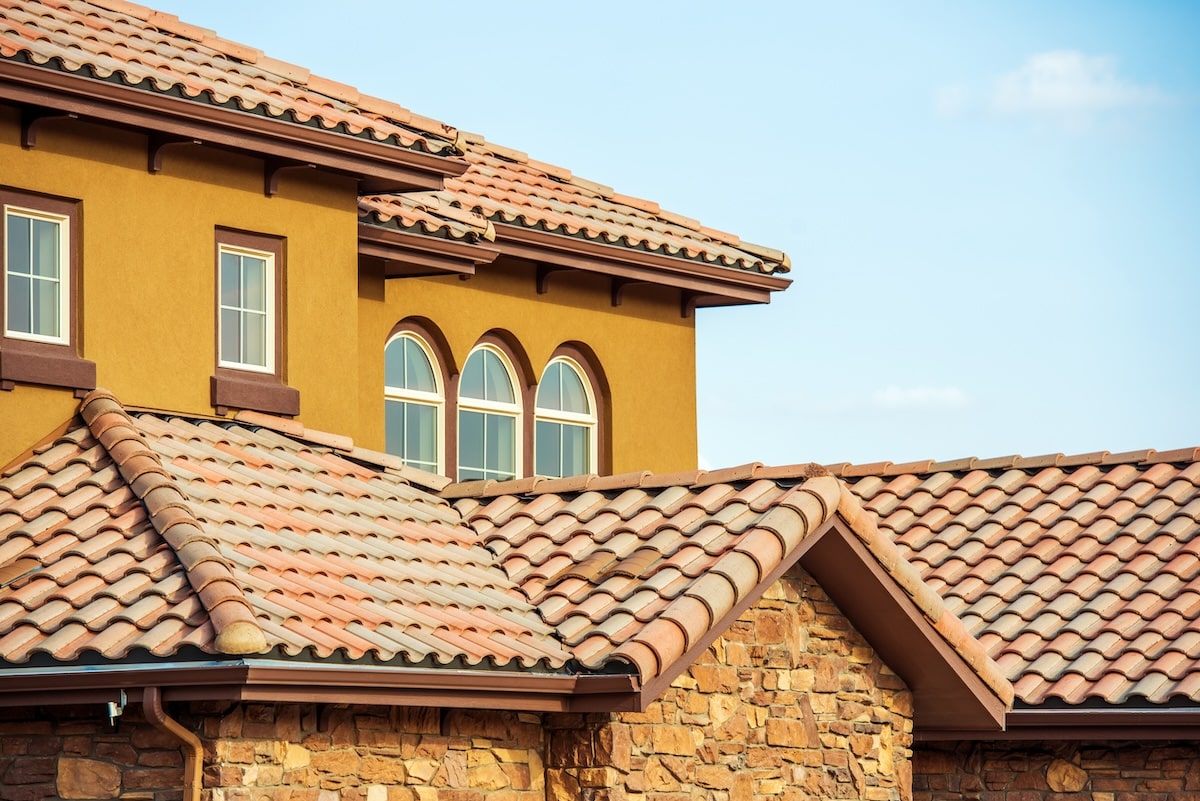
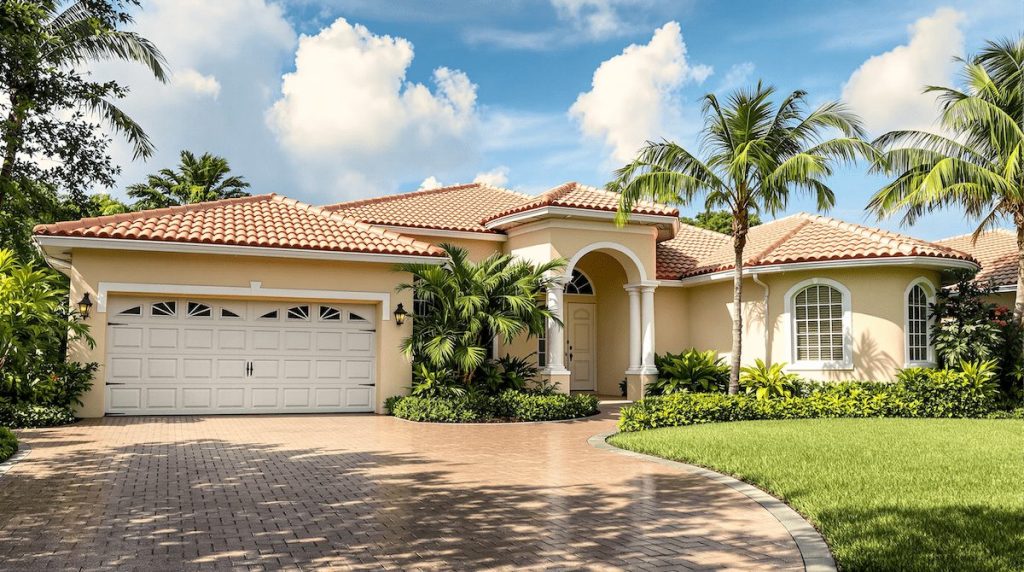
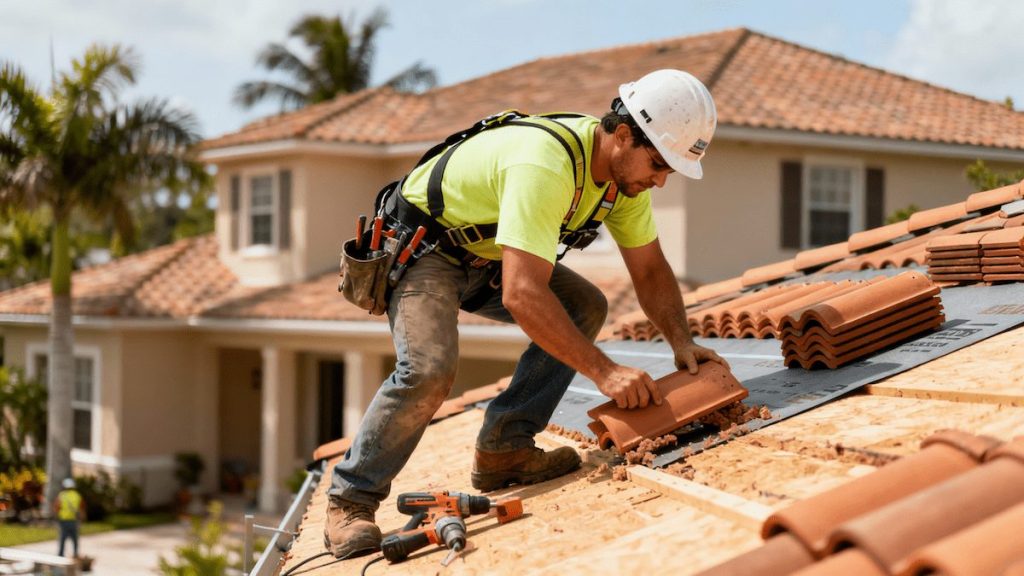 Step 7: Check The Details Of Their Quote
Step 7: Check The Details Of Their Quote